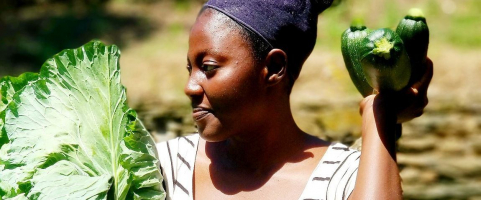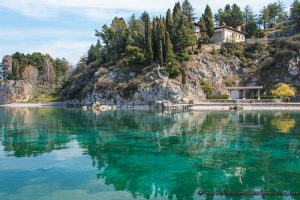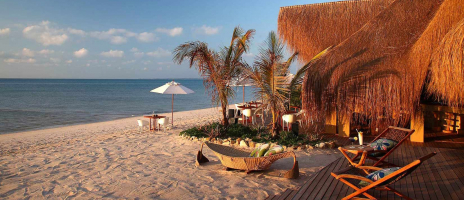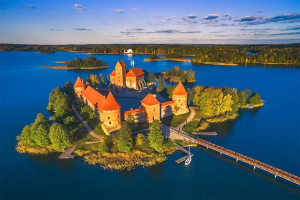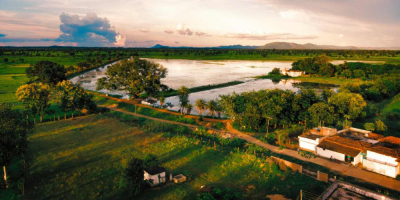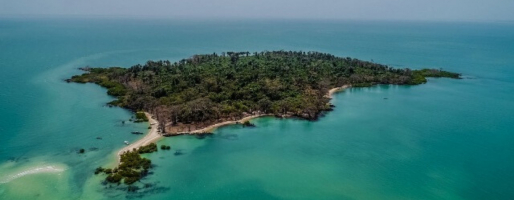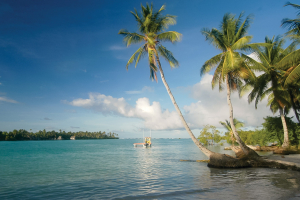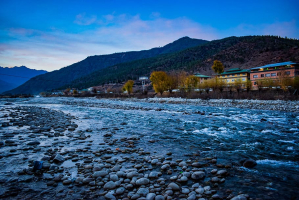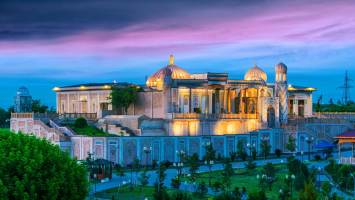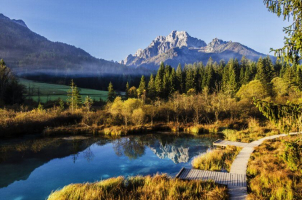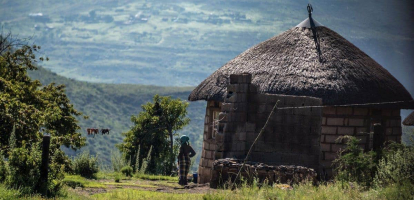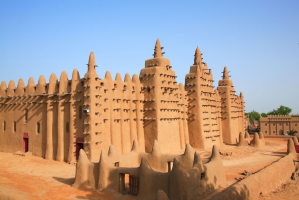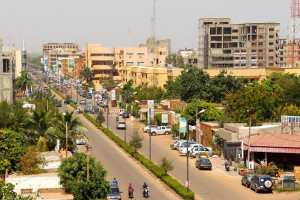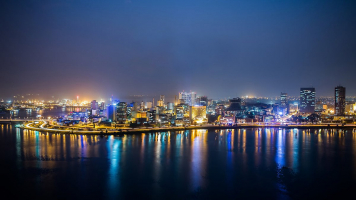Top 12 Things You Should Know Before Traveling to Saudi Arabia
The Middle East is one of the few places where travelers often feel intimidated about going to. It's common knowledge that going to the wrong country, or even ... read more...the wrong region, without knowing customs can get you into serious trouble. In no place is this more apparent than Saudi Arabia, where culture and religion are king. If you are a foreigner going to Saudi Arabia for the first time, you need to realize that you need to study its history and culture. Here are the things you should know before traveling to Saudi Arabia.
-
Language is one of the most important things you should know before traveling to Saudi Arabia. People in this country speak Arabic, the official language of the Kingdom, but visitors who do not speak Arabic should not be intimidated. Many Saudis speak English, or at least enough English to communicate. Most road signs are written in both Arabic and English, making it possible for foreigners to get around. English-speaking visitors to Saudi Arabia can probably get by without knowing any Arabic phrases, but knowing a few keywords and phrases can earn you a lot of brownie points with the locals.
Arabic words & phrases that are good to know:
- Hello and goodbye – assalamu alaykom
- Yes – na am
- No – la or kalla
- I want a taxi – ureed sayaratt ujra
- I want to get to [location] – ureed an azhab ila [location]
- Thank you – shukran
- Thank you very much – shukran jazeelan
- Welcome or you’re welcome – ahlan wa sahlan or hayak
- Can I take a photo? – momken asawwar
- Excuse me – afwan

favpng.com 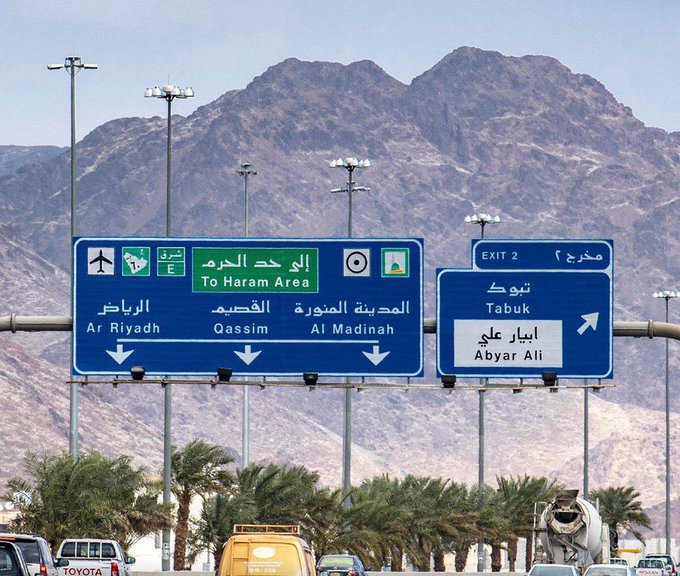
worldatlas.com -
Visitors from countries with more relaxed fashions may find Saudi Arabia's dress codes intimidating, but tourists should remember that dressing a little differently for a few days is part of the adventure in Saudi Arabia! However, the laws governing female fashion have recently been changed. Women (including foreign women) in the Kingdom now have more freedom. Women are still required to "dress respectfully," which means they must cover their shoulders, arms, and legs, but they can now do so in a more fashionable way.
Foreign women visiting the Kingdom should also follow these dress codes, and while it may feel strange at first, you'll appreciate not standing out as an uninformed tourist when sightseeing in Saudi Arabia. Foreign women should dress comfortably and cover their shoulders and knees. Tight jeans and t-shirts that expose a woman's curves, as well as shorts or short skirts above the knees, are not acceptable. Women should remember that there are benefits to dressing like a local in Saudi Arabia: long sleeves provide sun protection, and flowing, lightweight skirts are ideal for catching cool desert breezes.
For men, fashions are a little more relaxed. Most Saudi men wear a long, white robe, called a thobe (sometimes spelled thawb), and a ghutrah (head scarf), but male foreigners are not required to go out in traditional dress. Instead, men should wear loose-fitting, modest clothing. Wearing shorts, however, should be avoided. This is unquestionably one of the most important things you should know before traveling to Saudi Arabia.

thetimes.co.uk 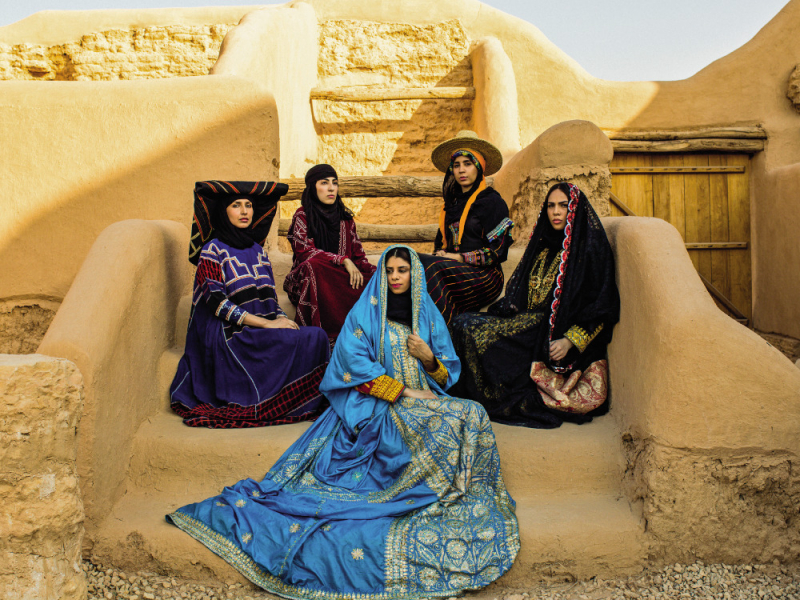
vougue.me -
As the most religious Muslim country in the world, Saudi Arabia observes prayer time five times a day, from sun-up to sundown. It’s helpful for visitors to download an athan app on their phones, as prayer times differ slightly from day to day. (They move up progressively a minute or two every day). While it’s handy to know when prayer times are scheduled, it’s not vital, as locals will tip you off with subtle cues – and obvious mannerisms!
What to anticipate during prayer times:
Most shops and restaurants close during prayer time, and customers are asked to leave. There are, however, exceptions. Customers eating inside a restaurant, for example, will be allowed to finish their meals, but if they leave before prayer time is over, they may be asked to exit through the back door. During prayer times, supermarkets are also a popular place to become "trapped." Customers who arrive inside before prayer time may stay and shop until prayer time is over. Prayer sessions last approximately 30 minutes. A few malls and shops are changing traditions and are staying open during prayer times, but visitors will find that most businesses still observe the local custom of closing.
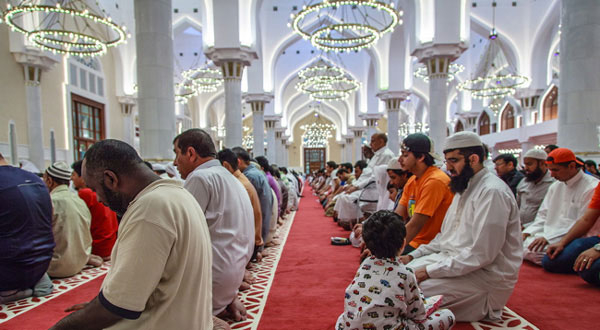
riyadhprayertimes.com 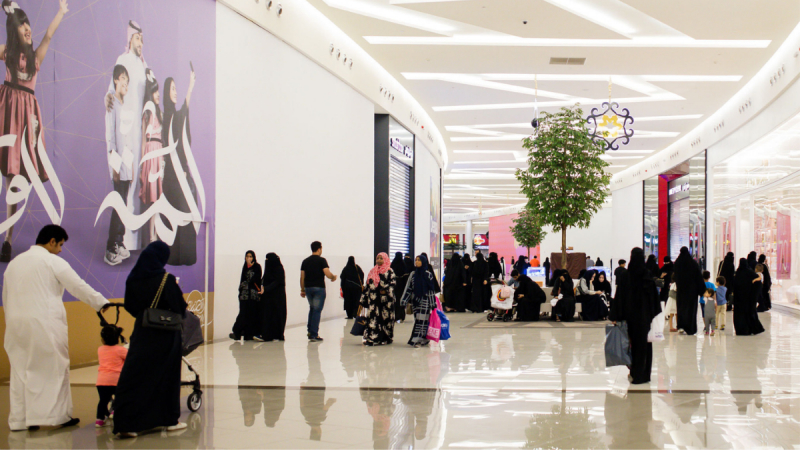
ksaexpats.com -
Since September 2019, Saudi Arabia has welcomed visitors from all over the world through its e-visa program. Visitors can obtain a multiple-entry visa that is valid for a year and allows them to stay in the country for up to 90 days. The visa is only valid for tourism-related activities and Umrah (excluding Hajj season), and it does not cover other activities such as studying. The visa system is a watershed moment in Saudi Arabia's tourism opening.
Applying for a visa has never been simpler. Members of 49 countries, including the United States, Australia, and the majority of Europe, can apply online for an e-visa at https://visa.visitsaudi.com/ and receive a response within minutes. The tourist e-visa is valid for one year and allows for multiple entries with a maximum stay of 90 days each. If your country of residence is not listed on the e-visa website, please contact the Saudi Arabian embassy for more information.
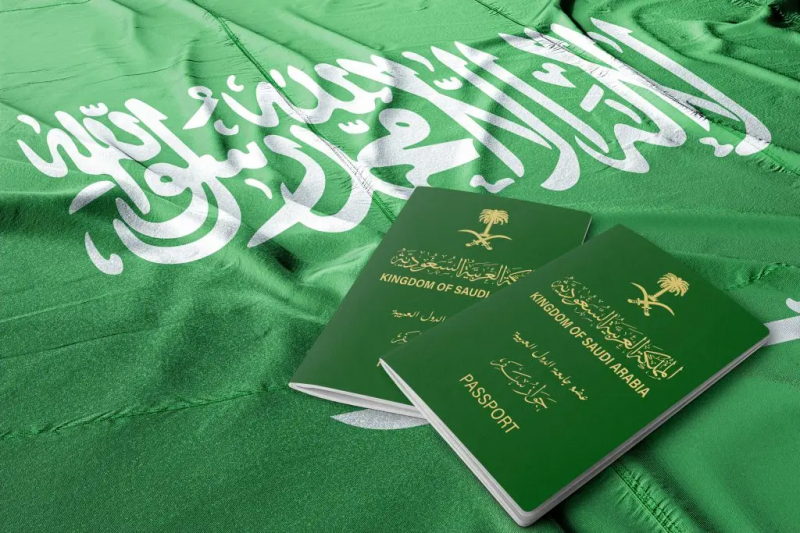
schengenvisas.com 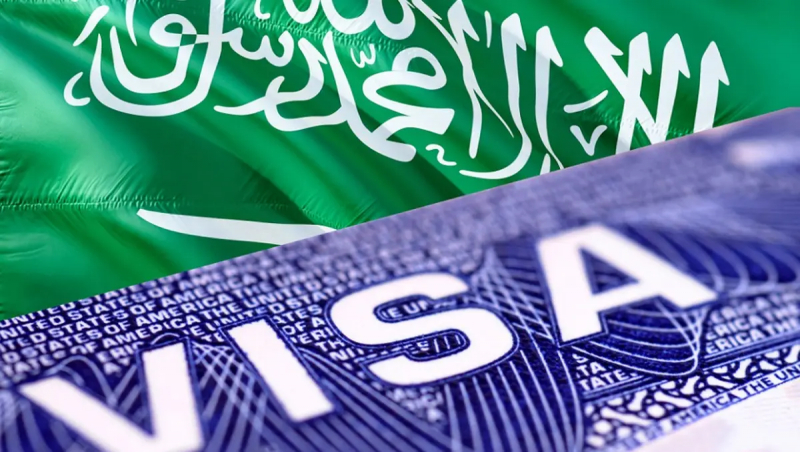
albawaba.com -
Saudi Arabia has several international, regional, and domestic airports, making it simple to get to KSA and travel from region to region once a visa is obtained. Travelers can book a flight to any of the Kingdom's international airports. When visitors arrive in Saudi Arabia, they can use taxis and ride-sharing services to get around major cities. Furthermore, the Saudi railway system connects several popular regions, including Riyadh and the Eastern Province.
Saudi cities are massive, with few public transportation connections between them. They're designed for automobiles! As a result, it is recommended that you rent a car to make traveling between cities easier. Planes are a cost-effective option if you have limited time and want to see only the major attractions. Buses are also clean and comfortable, but they are a little pricey! Ride-sharing apps such as Uber and Careem are widely used in major cities such as Riyadh and Jeddah.
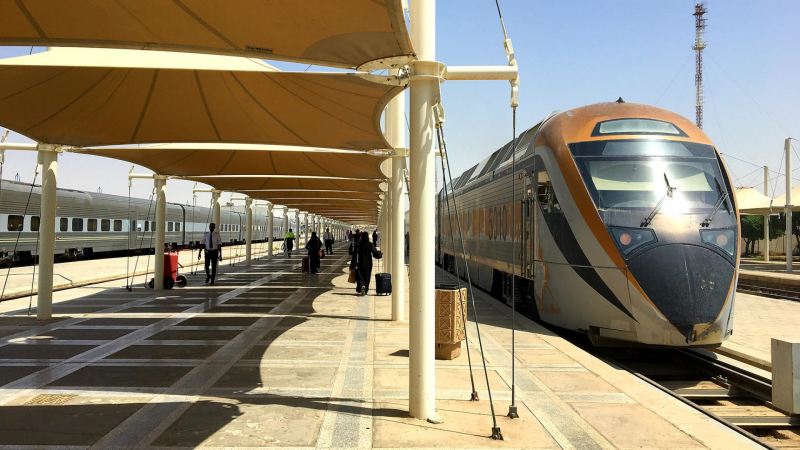
expatica.com 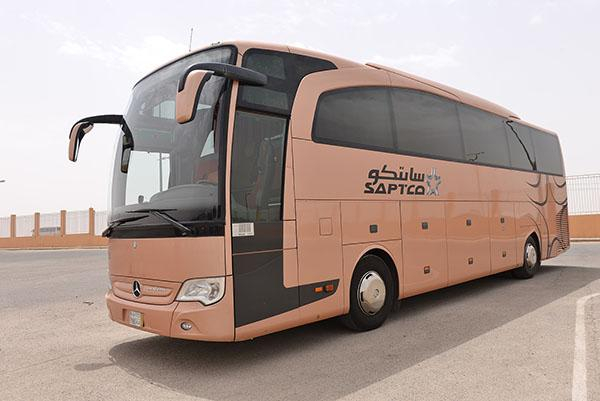
argaam.com -
One of the most important things you should know before traveling to Saudi Arabia is how strict the bans on items that are contrary to Islam are. It is extremely strict, and you are expected to comply. When it comes to these bans, Saudi Arabia is extremely strict, and having these items on you can land you in prison — or even get you killed. These items are considered haram because they violate Islamic law.
Don't even consider scanning porn or Christian images and saving them to your phone. Officials can and will scan your phone and laptop and seize any items that contain prohibited material. If they find anything like that, they will also turn you away from the country at the airport. While illegal drugs and alcohol are strictly prohibited in the Kingdom of Saudi Arabia, tobacco is legal. However, smoking in public is only permitted in designated areas. Tourists should not light up outside malls, restaurants, educational and sporting facilities, or mosques. The same rules apply to shisha smoking.

quora.com 
surfiran.com -
A common concern is whether Saudi Arabia is safe. Traveling to Saudi Arabia is generally safe. Although the country has had its share of violence and terrorism in the past, most tourist areas in Saudi Arabia are perfectly safe. Saudi Arabia also has a low rate of crime, particularly against foreigners. Tourists, businessmen, and women traveling alone are unlikely to have any problems while in the Kingdom and should visit with confidence.
However, because it is a conservative country by Western standards, foreign gay and lesbian couples may need to exercise greater caution than in their home country. When applying for a visa, you will not be asked about your sexual orientation. As a result, LGBTQ+ visitors are welcome to come to the country. Public displays of affection, on the other hand, should be avoided to avoid attracting unwanted attention. Even minor acts such as holding hands should be done in private.
Only the area near the Yemeni border near Najran is considered dangerous. Tourists are welcome, but most governments advise against going. Saudi Arabia is currently in talks with Yemeni rebels in order to reach an agreement on the truth. Some security experts, however, are concerned that if the rebels' demands are not met, they may launch a ground offensive on Najran. Keep an eye on the current situation if you plan on traveling to the south.
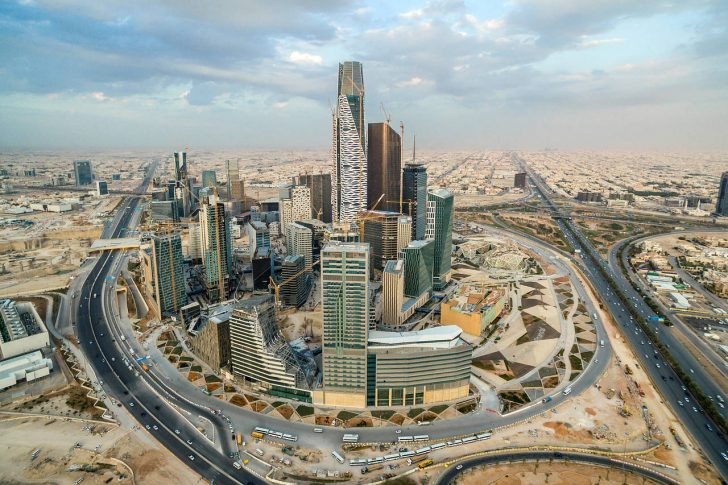
travelsafe-abroad.com 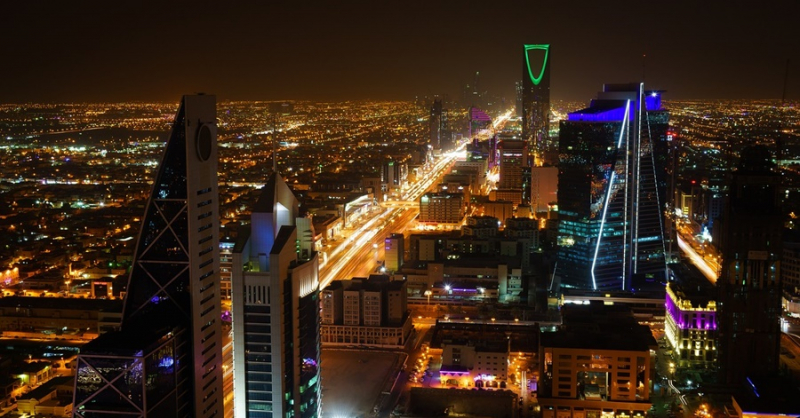
thepinoyofw.com -
Saudi Arabia is well-connected. Even on long stretches of highway in the middle of nowhere, 4G service is available almost everywhere. Wifi is available in many cafes and hotels, though mobile coverage is often better. Saudi Arabia has a number of mobile operators. The three main operators in the Kingdom are STC, Mobily, and Zain, but STC has the best coverage of the three. Mobily is slightly less expensive, but its service is less reliable outside of cities and towns. Outside of metro areas, Zain is the cheapest option, but it also has the worst coverage.
If you need a SIM card, it is best to get one when you arrive at the airport (if you fly in). The major carriers all have small offices at the airport, and getting a card is simple because everyone speaks English. In cities, SIM cards are available, but only at official stores, and employees are less likely to speak English. A SIM card with 10 GB of data costs around 160 SAR. A top-up of 10GB costs 100 SAR.

traveltomtom.com 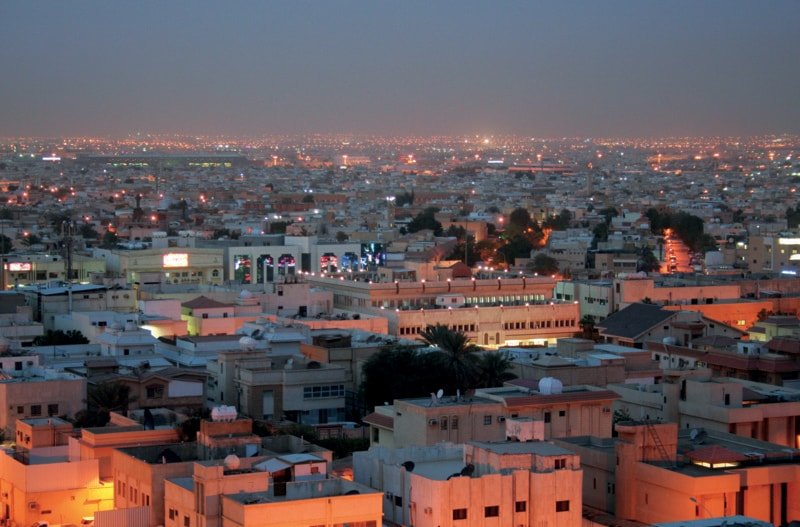
ericsson.com -
Travelers interested in diving and hanging out on beaches will find tons of summer activities and things to do on the Red Sea and Persian Gulf coastlines. Tourists who want to spend more time sightseeing should visit in the winter or travel to the cooler, mountainous regions near Abha in Asir (Aseer) Province. Yes, there are some cool spots in the Kingdom! Saudi Arabia's summers can reach temperatures of over 40°C. Unless you're a masochist, you should avoid visiting Saudi Arabia in the summer. The cloudy, mountainous terrain of Asir province is generally quite pleasant during the summer, despite the high temperatures.
Winter, roughly between October and March, is the best time to visit Saudi Arabia. Between November and February, the weather is at its most pleasant. Temperatures typically begin to rise at the end of February or the beginning of March, though due to climate change, no one can be certain. Winter temperatures range from 25 to 30 degrees Celsius, depending on where you are in the country.
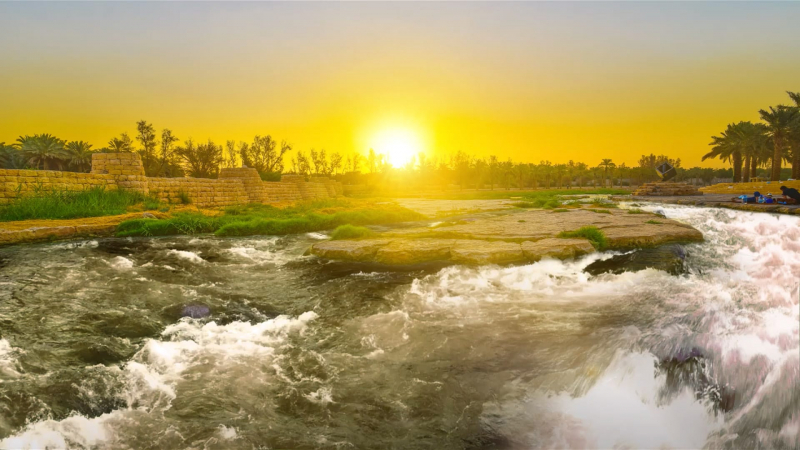
visitsaudi.com 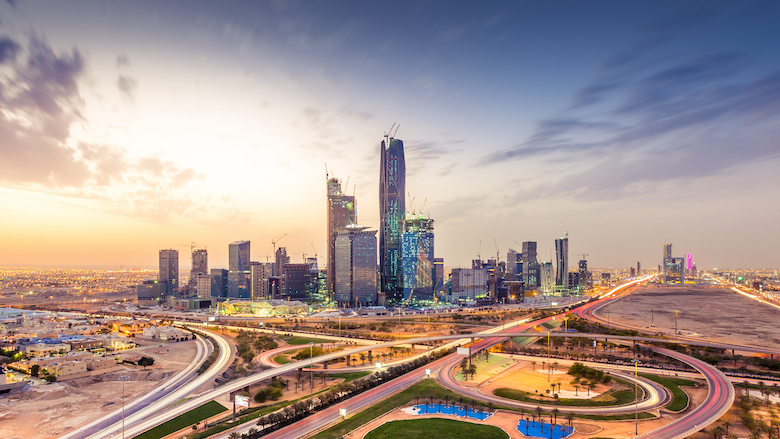
worldbank.org -
One of the most important things you should know before traveling to Saudi Arabia is what to pack. Everyone's needs are different, but there are a few things you should bring with you when traveling in Saudi Arabia:
- Modest clothes. This one should go without saying—after all, Saudi Arabia is an Islamic country—so both men and women should make an effort to cover up.
- Travel adapter. Saudi Arabia employs the same G-type plugs (3 rectangular holes) as the United Kingdom. If you're visiting Saudi Arabia from Europe or the United States, you'll need a travel adapter.
- Reusable water bottle. In Saudi Arabia, plastic waste is a major problem, and people enjoy buying painfully small plastic bottles of water. Bring your own water bottle to help the environment. Tap water is generally safe to drink, and water filters are common in metro areas.
- Reusable coffee/tea/cold beverage cup. The same environmental logic holds true. If you're road tripping across Saudi Arabia, they'll come in handy because you'll be drinking a lot of tea and coffee from rest stops along the highways! These travel mugs are fantastic for both hot and cold beverages.
- Good sunscreen. The sun in Saudi Arabia is scorching, and the dry heat combined with the sun can be extremely damaging to your skin.
- Arabic phrasebook. Outside of cities, English is not widely spoken. Google Translate is an option.
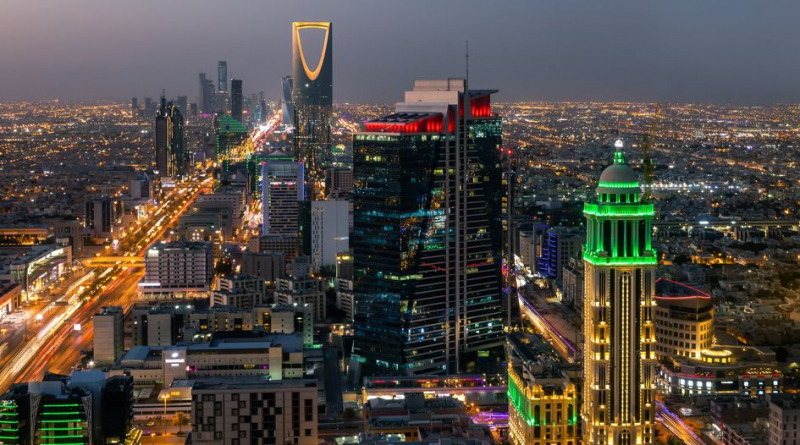
globalarbitrationreview.com 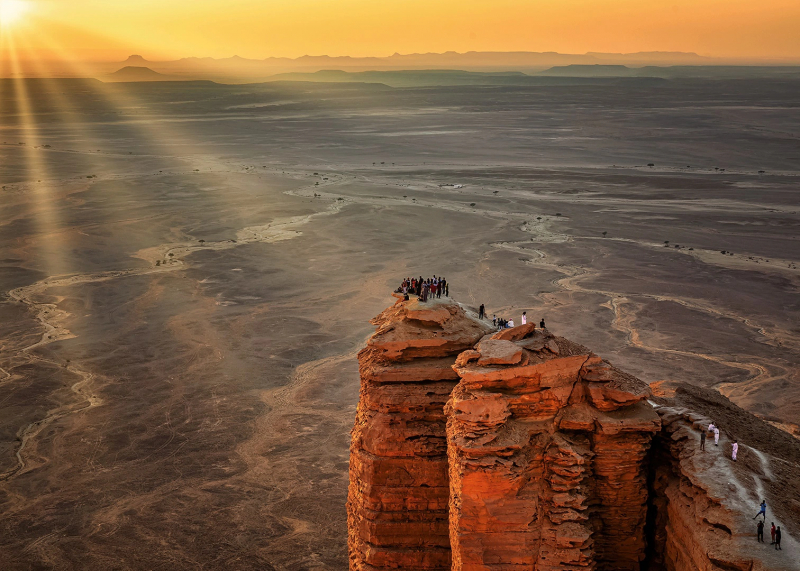
truyenhinhdulich.com -
Saudi Arabia produces some of the world's most incredible dishes, which are heavily influenced by the country's rich history and ancient customs. Generosity, warmth, and a sense of sharing are hallmarks of this country's history, and this can be seen in the food they consume.
The first food in Saudi Arabia that you should try is Kabsa! It also known as majboos Saudi Arabia style, is the king of Saudi Arabian cuisine. Kabsa is a spicy rice dish with a meat and spice combination. Saffron, bay leaves, cinnamon, cardamom, black pepper, nutmeg, and black lime are among them. This dish is popular all over the country. Tharid is a traditional Saudi dish consisting of a vegetable broth with crispy flatbread pieces (regag). The bread is dipped in broth or soup, which is available in both a vegetarian and non-vegetarian version. If the dish is intended for meat eaters, it will contain meat (usually lamb). This soup is said to be a favorite of Prophet Muhammad, and it is also a favorite of Saudis during Ramadan.
Lunch is the main meal in Saudi Arabia, and Shikamba is commonly served. Spices and hearty vegetables like eggplant and onions are added to this meaty lamb soup. Murtabak is a delectable crispy-fried pancake stuffed with ground meat and vegetables for you nibblers. It's also known as mutabbaq or matabbak, which means "folded." Murtabak is also known as a "folded omelet." This is due to its square shape and savory egg flavor, which is enhanced by chili and other spices.

makemytrip.com 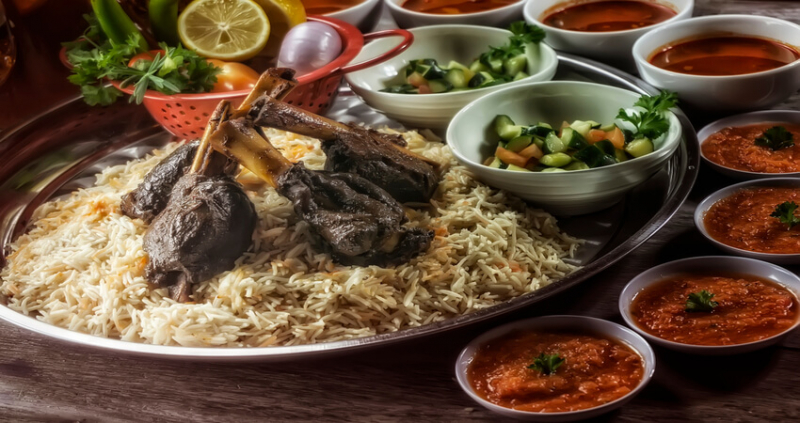
zamzam.com -
The Janadriyah Festival in Saudi Arabia has established itself as a wholly Saudi creative project. Visitors to the Janadriyah festival can learn about the rich cultures and heritage of the region's small villages, as well as interact with participants who have traveled from all over the Kingdom to take part in this national event. Since King Abdul Aziz bin Abdulrahman Al-unification Saud's of Saudi Arabia, the festival has celebrated the Saudi people's great history and heroism.
Janadriyah National Festival is an annual celebration of Arabian culture and heritage that features a variety of events and exhibitions. The festival will provide you a peek into the traditional dance performances, Saudi military prowess, thoughtful poetry nights, impressive fireworks displays, and more. Furthermore, the festival invites representatives from other friendly countries to add to the diversity of the experience. Thousands of tourists and locals flock to Janadriyah to take in Saudi Arabia's incredible cultural display. The aroma of Saudi street food is mixed with the vibrant environment at the festival, creating an enchanting ambiance. The festival is ideal for family outings with children where they can participate in a variety of activities.
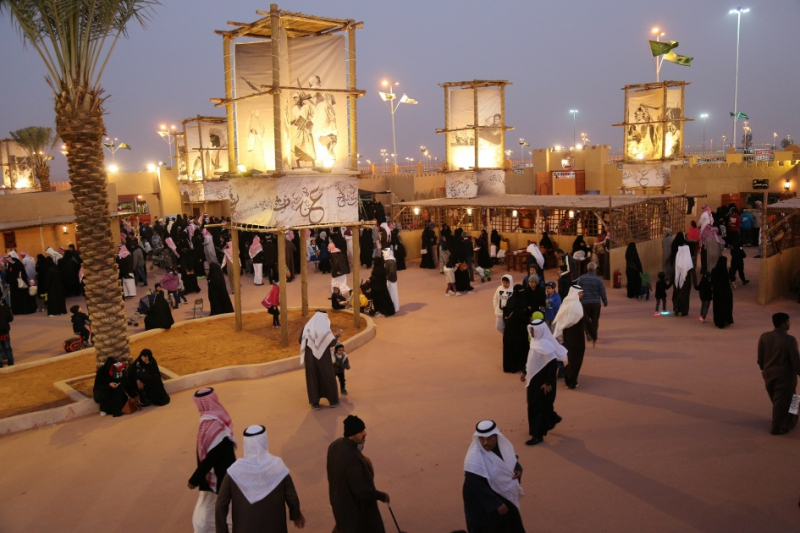
eyeofriyadh.com 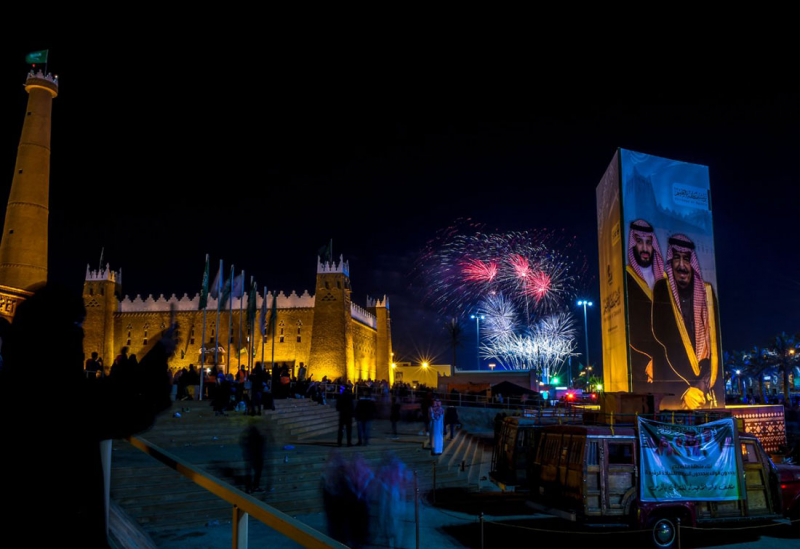
arabianbusiness.com















